Generic Zestril (Lisinopril)
In addition to treating hypertension, Lisinopril lowers the chance of experiencing a heart attack, stroke, or heart failure. High blood vessel pressure is a chronic condition known as high blood pressure. Hypertension results from the blood’s intense pressure on the artery walls. When your heart cannot adequately pump the blood needed for the body’s remaining tissues, heart failure may result. The obstruction of blood flow to the heart muscle causes a heart attack or stroke. The accumulation of fat and cholesterol in the coronary artery, which provides blood to the heart, is typically the cause of the blockage.
Lisinopril Information :
Uses :
Hypertension (high blood pressure), Prevention of heart attack, stroke and heart failure.
Lisinopril can be taken with or without food. The tablet should be swallowed whole along with a glass of water; do not chew, crush, or break it.
Because lisinopril relaxes and widens blood vessels, the heart has an easier time pumping blood to every part of the body. This reduces the chance of a heart attack or stroke as well as blood pressure. Without having an orthostatic effect, lisinopril lowers blood pressure both while standing and while lying down (a sudden decrease in blood pressure might occur when a person stands up suddenly). Lisinopril, however, may exhibit an orthostatic effect when dehydrated. The severity of heart failure, the hospitalization rate, and side effects like weakness and dyspnea are all decreased with continued lisinopril use. Lisinopril is used to treat high blood pressure either by itself or in combination with other medications.
Precautions & Warnings :
If you have an allergy to lisinopril or any of its ingredients, avoid taking lisinopril. Consult your physician if you have issues with your liver, kidneys, or heart. Sometimes taking lisinopril can result in lower blood pressure than usual, particularly in dehydrated patients taking diuretics (drugs that treat oedema) and low salt diets. To minimize risks, check your blood pressure levels frequently. If you are nursing a baby or pregnant, stay away from lisinopril. Consult your physician. They might recommend different medications to you. Since lisinopril’s efficacy and safety have not been proven, it is not advised for use in children younger than 18 years old.
To rule out any unpleasant side effects, let your doctor know about your medical history and the medications you’re taking. Speak with your doctor if you have experienced excessive sweating, diarrhoea, vomiting, or if you take low-water tablets (diuretics) for oedema. You should also see a doctor if you receive dialysis. One day prior to having anesthesia for any kind of surgery or dental work, stop taking lisinopril. Tell your physician that you take lisinopril. Lisinopril users are advised to have their blood pressure, electrolyte levels, and kidney function regularly monitored.
Side Effects :
The following is a brief summary of some of the mild side effects that oral lisinopril tablets may have. Consult your physician or pharmacist, or review the prescribing information for lisinopril oral tablet, to find out about additional mild side effects.
Lisinopril oral tablet mild side effects that have been documented include:
-
Headache
-
Nausea
-
Dizziness
-
Weakness
-
Hypotension (low blood pressure)
-
Sinusitis (inflammation of the sinus)
-
Shortness of breath
-
Stomach pain
-
Diarrhea
-
Indigestion
-
Skin rash
-
Chest pain
-
Muscle pain
-
Hyperkalemia (increased levels of potassium in the blood)
-
A dry cough that does not go away
- Kidney problems (shown in a blood test)
Many medications have mild side effects that usually go away in a few days or weeks. Consult your physician or pharmacist, though, if they start to cause you problems.
Interactions :
The following medications may interact with lisinopril: NSAIDs (aspirin, naproxen, indomethacin, ibuprofen), heart failure medications (sacubitril, valsartan); erectile dysfunction medications (sildenafil); anti-gout medications (allopurinol); anti-diabetic medications (sitagliptin, metformin, insulin glargine); oedema medications (furosemide); anti-hypertensive medication (aliskiren); depression medications (lithium); and potassium supplements.
Angioedema (swelling), congestive heart failure (heart problems), anti-hemodialysis, low blood pressure, hyperkalemia (high potassium levels in the body), liver disorders, and kidney dysfunction are among conditions with which lisinopril may interact.
Overdose :
If someone has overdosed and is experiencing severe symptoms, such as unconsciousness or difficulty breathing, call 911. If not, immediately contact a poison control center.
Missed Dose :
Try to take it at the same day every day. Do not double the dose if missed.
Storage :
Store at room temperature away from light and moisture. Do not store in the bathroom. Keep all medications away from children and pets.


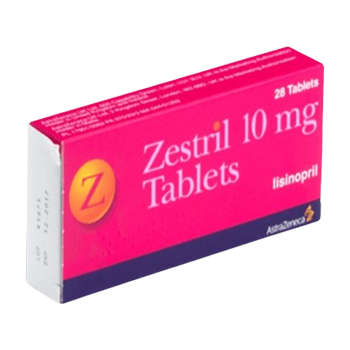
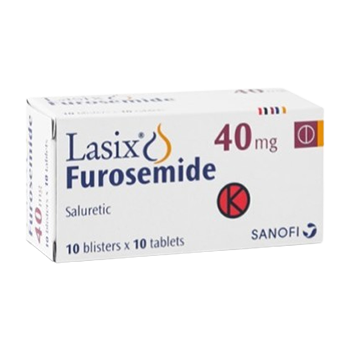
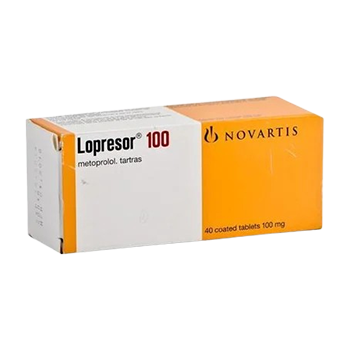
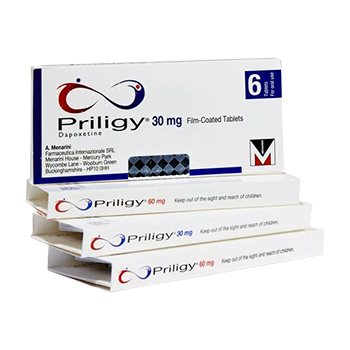
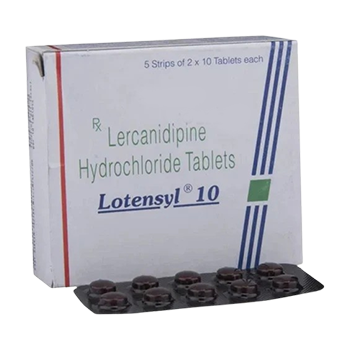
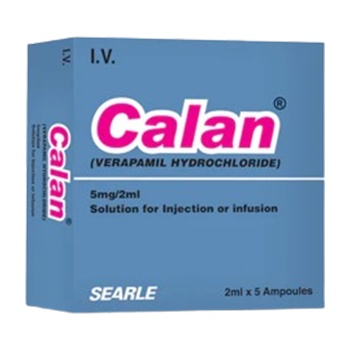
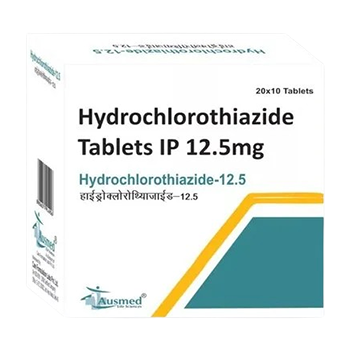
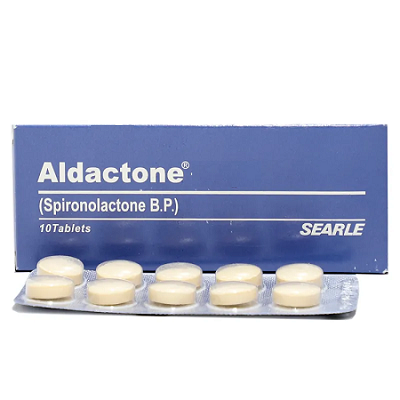




Reviews
There are no reviews yet.